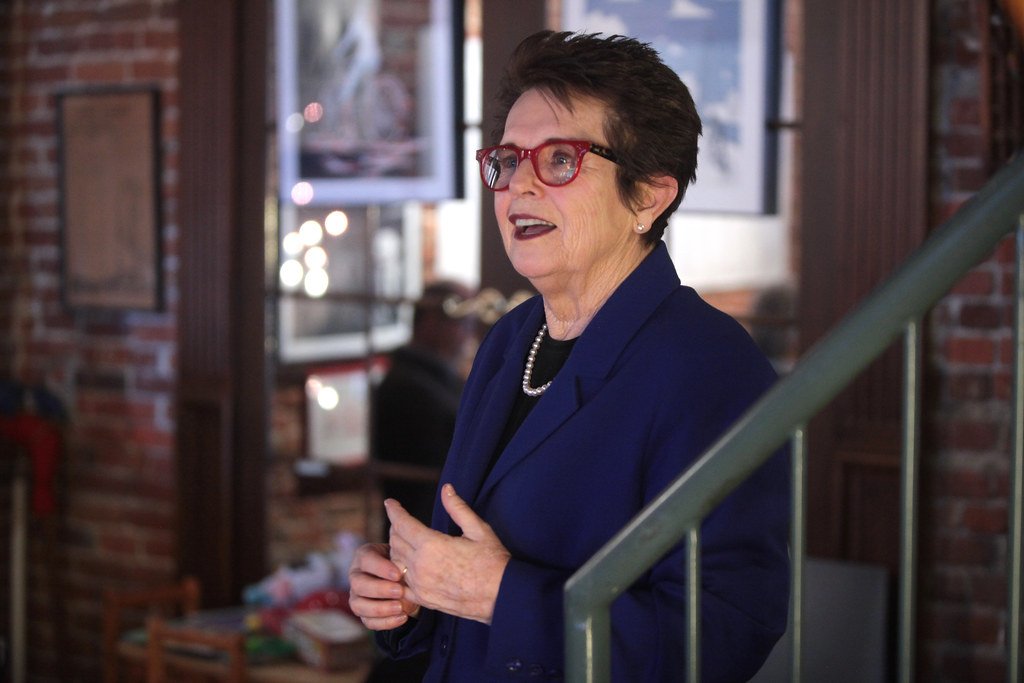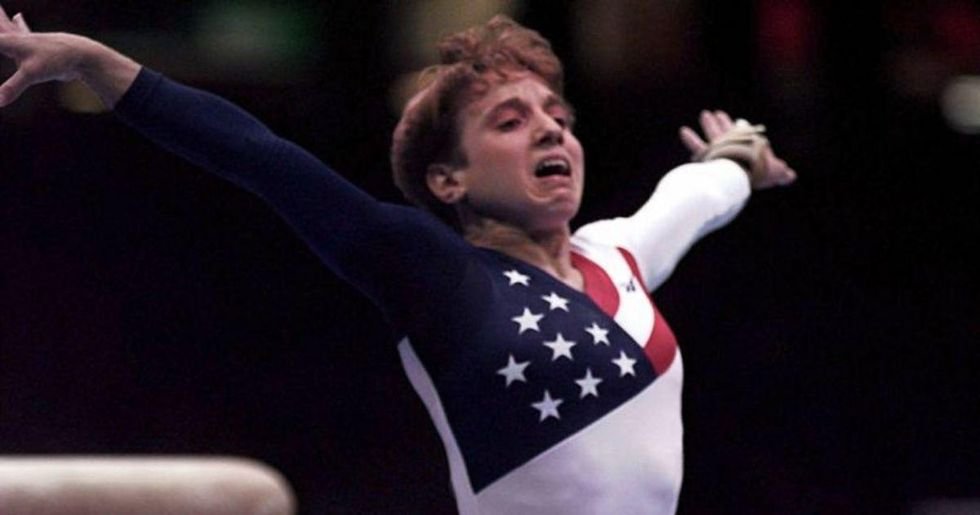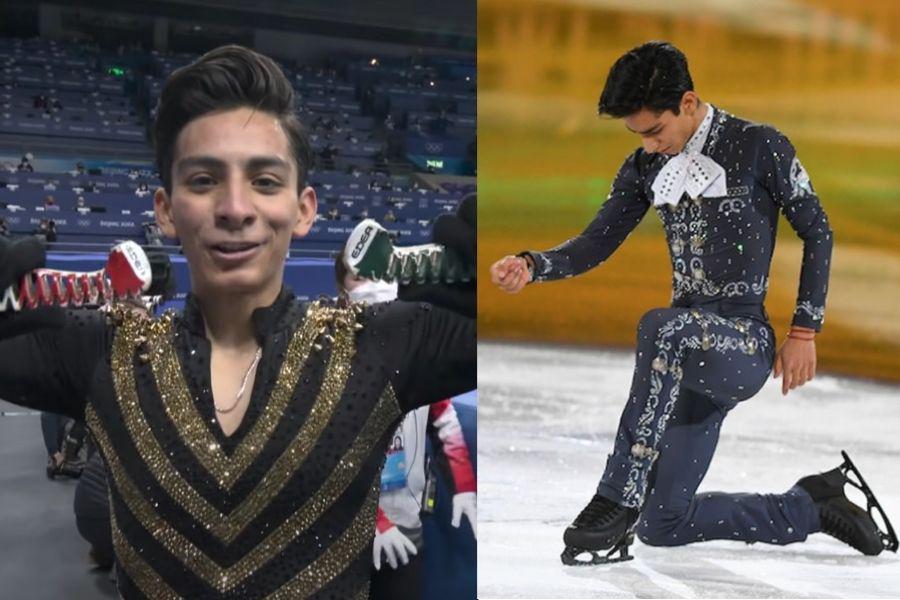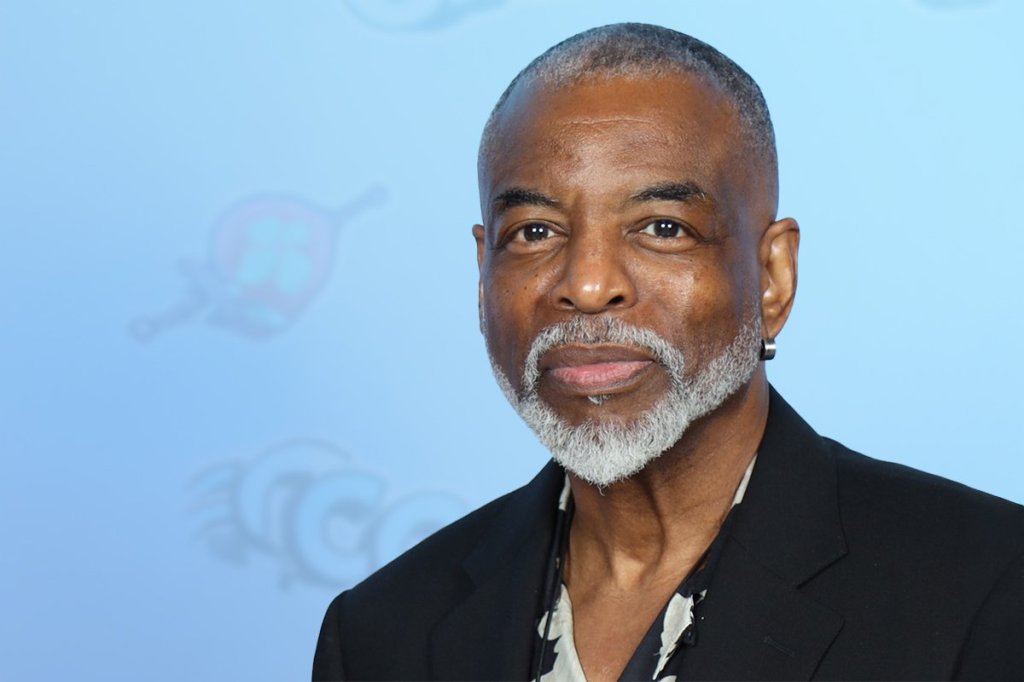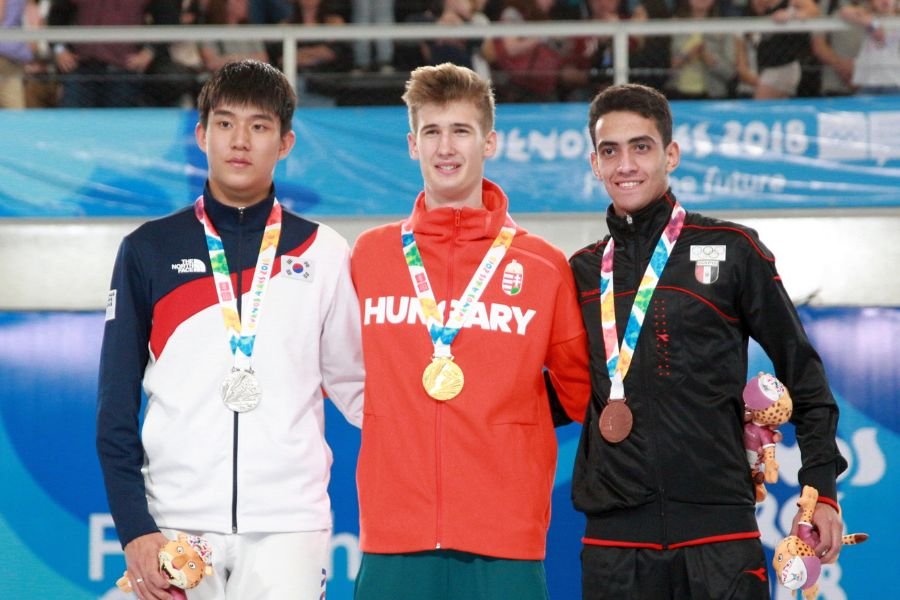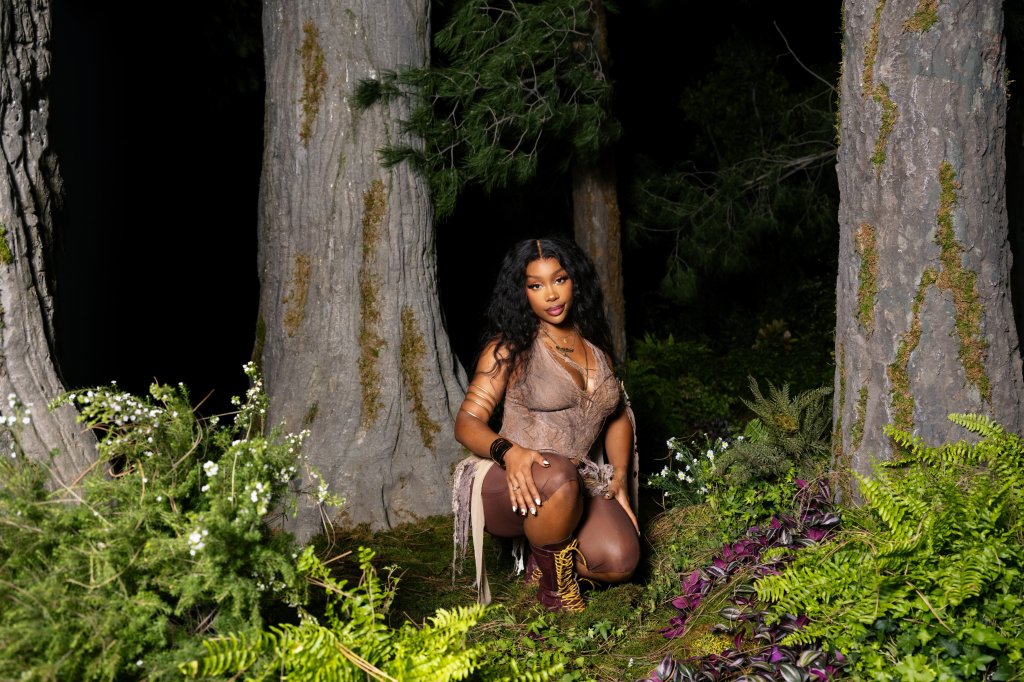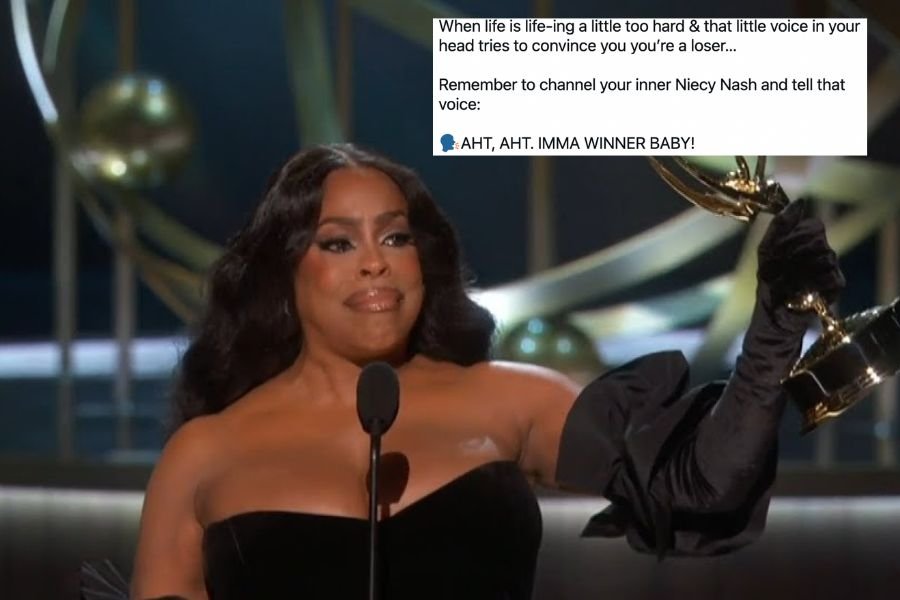In the world of professional tennis, Billie Jean King is a superstar. Known for her tenacity on and off the court, she’s a 39-time Grand Slam champion who’s been smashing glass ceilings and challenging the status quo for over half a century.
And no, not the kind of challenging her colleague John McEnroe is known for.
Billie Jean King’s legacy is greater than tennis. Beyond her world No. 1 ranking and whopping 129 singles titles, she’s a trailblazer who refused to stay silent in the face of rampant discrimination. For nearly 50 years, she’s fought relentlessly for gender equality and LGBTQ+ rights in a sport that was—and still is—widely considered to be a “boys club.” It’s fitting in recognition of her groundbreaking contributions to tennis and social justice, that Billie Jean King will receive a star on the Hollywood Walk of Fame on Monday, April 7th in the Sports Entertainment category, becoming the first woman to receive that honor.
Battle of the sexes
Let’s talk numbers for a second: 39 Grand Slam titles. Six-time world #1 ranking. Twenty Wimbledon championships. But for Billie Jean King, these achievements are just the tip of the iceberg. When she began competing professionally in 1959, tennis was a very different sport, especially when it came to equal pay. And by the time King started winning tournaments, it dawned on her just how drastic that inequality was. When she won Rome’s Foro Italico tournament in 1970, the men’s winner, Ilie Nastase, took home $3,500. Billie Jean King, on the other hand? A measly $600. “Everyone thinks women should be thrilled when we get crumbs, and I want women to have the cake, the icing, and the cherry on top, too,” she later commented. In 1973, she threatened to boycott the US Open for unequal pay. That year, the US Open became the first Grand Slam tournament to institute equal prize money. (For Wimbledon, that moment wouldn’t come until 2007—over three decades later—when Venus Williams penned a now-famous op-ed column.)
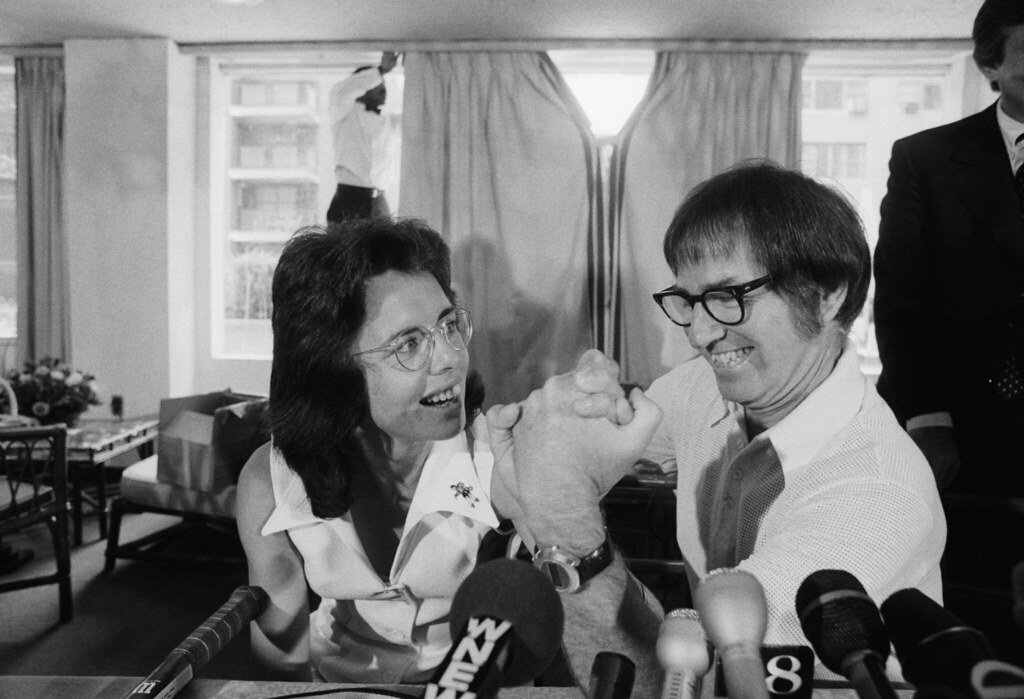
Still, there was work to be done. In 1973, she faced off against Bobby Riggs in the iconic “Battle of the Sexes,” taking on the 55-year-old former tennis pro who had a penchant for making sexist and misogynistic remarks about female athletes. Staged at the Houston Astrodome, the “Battle of the Sexes” was watched by over 90 million viewers worldwide—all of whom witnessed an absolute beatdown. She defeated Riggs in straight sets. Later, she commented, “I thought it would set us back 50 years if I didn’t win that match…It would ruin the women’s tour and affect all women’s self-esteem.” King would later continue to break boundaries when she became one of the first professional athletes to come out as gay in 1981—a move that could potentially destroy her brand sponsorships and the public’s positive opinion of her. Yet, she lived her truth and continues to be a champion for equal rights to this day.
A force to be reckoned with
The Walk of Fame star ceremony is set for April 7th. Radio personality Ellen K will emcee, with Jamie Lee Curtis and Magic Johnson as guest speakers. When King received the news that she would be honored with a star, she wrote on Facebook, “As a native of Southern California, it is a dream come true.”
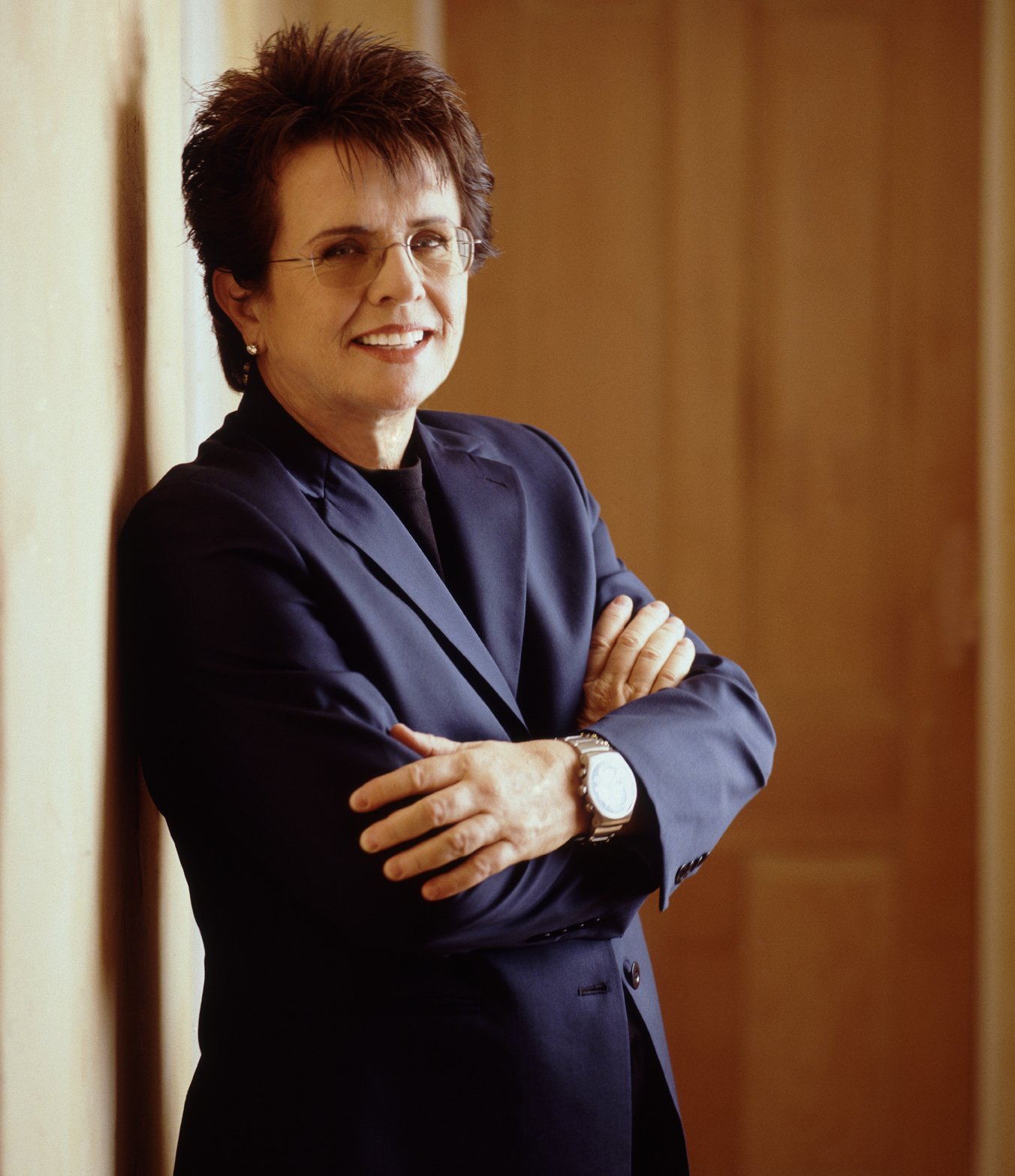
This star represents so much and goes beyond tennis or athletic achievement. It’s a true testament to King’s global impact: she founded the Women’s Tennis Association and Women’s Sports Foundation. She received the Presidential Medal of Freedom and has been inducted into many Halls of Fame to name. In 2018, she won the BBC Sports Personality of the Year Lifetime Achievement Award. She also received a Congressional Gold Medal in 2024. And now, her legacy will be further cemented—literally—forever on the Walk of Fame. Here’s to BJK, the athlete, activist, and icon.

